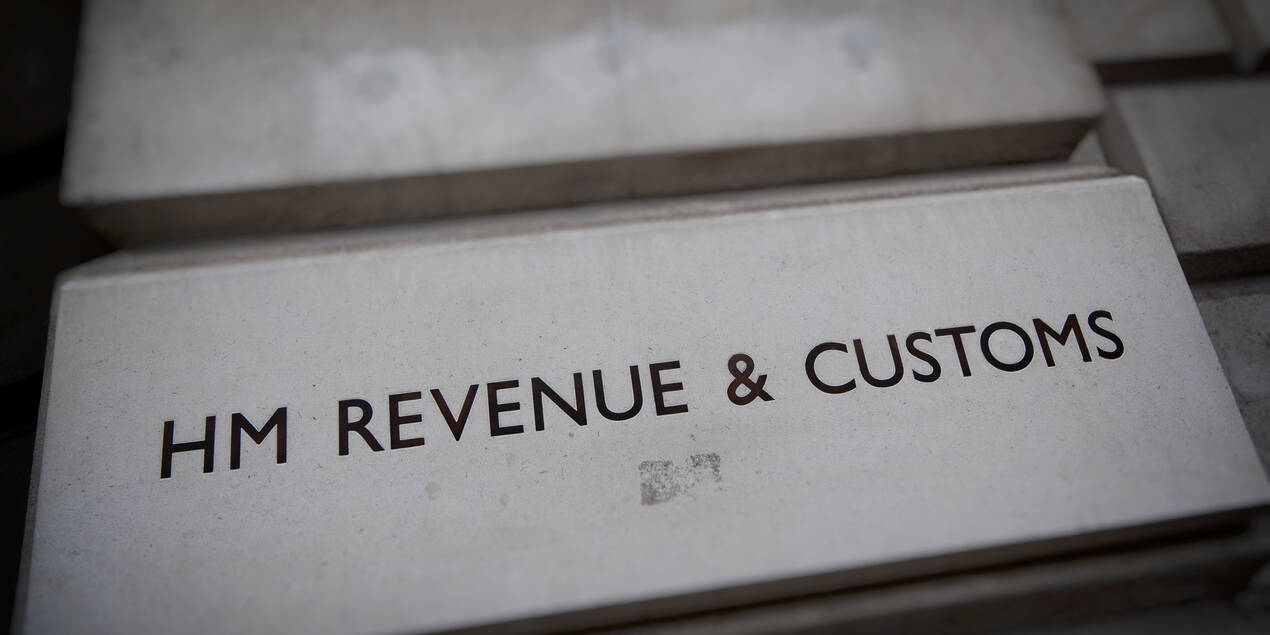Customs is high risk, high value aspect of strategic financial planning for businesses. Errors and missed opportunities for reducing and recovering duty on imports costs businesses millions every year, significantly impacting on the bottom line. It’s an area that finance leaders have traditionally delegated down the line to technical management, leaving them largely unaware of the risk exposure or scope for significant savings and reclaims.
This series of articles is based on first-hand engagements of Customs Duty Consultants with CFOs of hundreds of large companies. It looks at customs management from a strategic perspective in order to equip finance leaders with the knowledge and direction to review their own customs function, bringing its efficiency in line with other areas of their organisations.
Customs is the responsibility of the finance department as it is a tax which is audited by HMRC and falls within the scope of the Senior Accounting Officer regulations. Finance is also in a unique position to take a view of activity across the whole business – as customs management pulls from all functions.
When it comes to improving Key Performance Indicators such as gross margin, customs planning can be a key driver – but the opportunity can be overlooked in day-to-day management, across multiple departments. If ignored, it can be the Achilles heal of tax compliance, leading to unforeseen penalties, duty demands, gross profit margin erosions and reputational damage.
Over the next 5 editions, the following key issues will be explored from the perspective a financial leader:
- Materiality: Understanding your customs duty costs under management?
- Choices: What are your strategic options for managing customs compliance and costs?
- Risk: What can go wrong?
- Opportunity: What can you do to improve our Margins & Competitiveness?
- Action: What can you do to get a quick fix on where our company stands?

Materiality: Understanding your customs duty costs under management?
Through our consultancy work, we are regularly required to report back to CFOs that they have millions of pounds worth of duty and compliance under the sole management and control of junior logistics colleagues, acting with no oversight of control.
How does this happen? Mainly due to lack of visibility. Customs declarations are often lumped in with other costs in the accounts. (If this scenario resonates with your organisation, you may find it helpful to know that Barbourne Brook has developed plug & play software that can provide you with details of your customs spend, effective duty rate and other valuable insights in minutes.)
Decisions may be made to incorrectly claim reliefs or tariff reductions without proper consideration of the conditions to be met. Customs compliance is subject to audit-based control. Minimal checks are carried out at time of import, with most control exercised through HMRC audit-based activity.
Alarmingly, HMRC can go back three years to collect underpaid duty and charge penalties.
Customs duty under management should be the sum of:
Customs duty paid + Customs duty saved (over the last three years)
There are also third-party costs for making customs declarations on your behalf.
You will have your own rules on what you consider material and meriting your attention. It’s a must to know the numbers to make an informed decision on what to invest in controlling this area.
Contact Us
If you would like to discuss any aspects of customs duty reclaims or related matters, please contact Adam Wood on 0121 403 3901 for a free no obligation conversation. Alternatively, you can send us a message on our contact form here.
Related Posts
15 July 2024
Customs Traps: The High Price of a Blinkered Approach to Transfer Pricing
Businesses selling direct to customers…
24 June 2024
Advance Notice Of Important HMRC Duty Suspension Application and Review Deadline – 3 July 2024
Businesses selling direct to customers…
10 June 2024
New Scheme Offers Declaration-Free Exporting To Northern Ireland For B2C Businesses
Businesses selling direct to customers…


